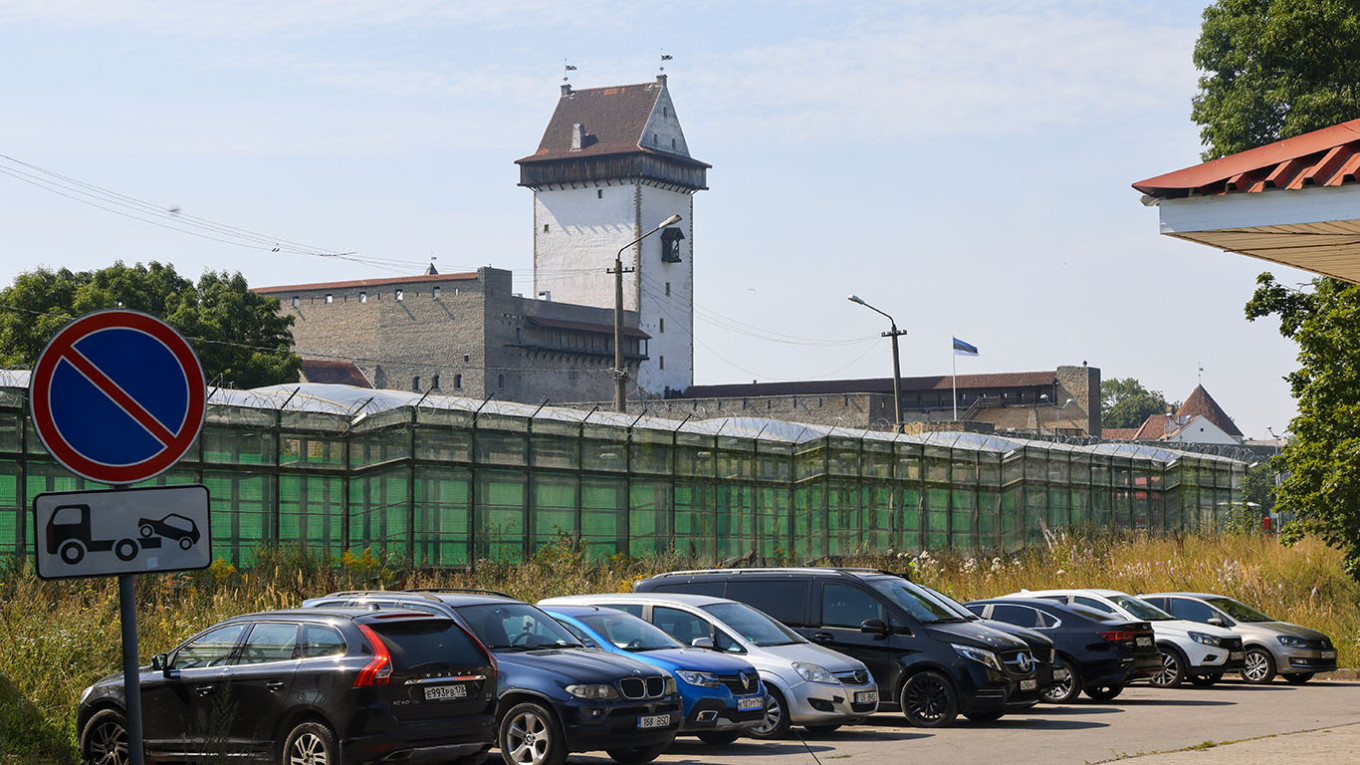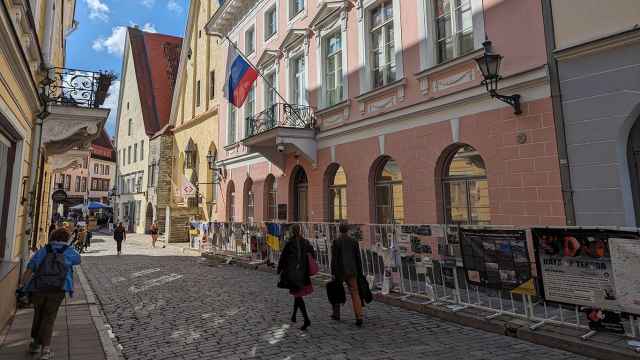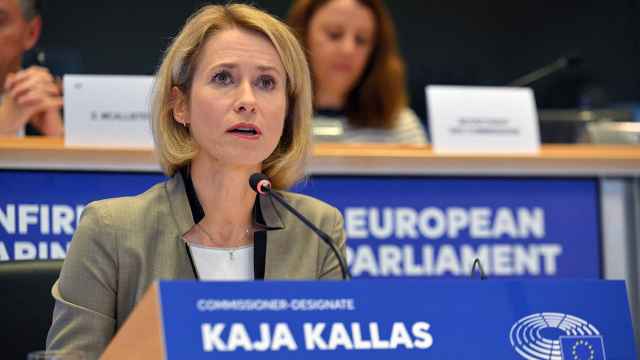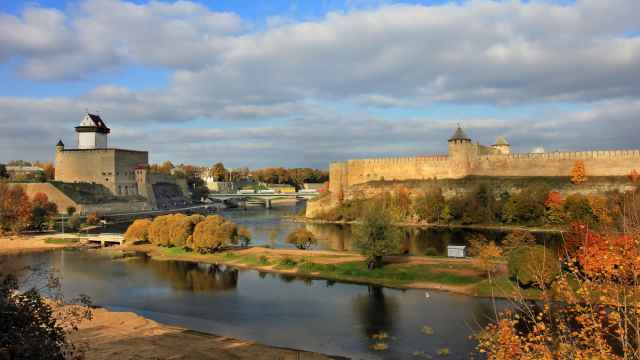Estonia will not reopen its main border crossing with Russia to vehicles until the war in Ukraine is over, the Baltic country’s border authorities said Friday.
The Narva-Ivangorod crossing, the busiest along the 294-kilometer (183 miles) border, has been closed to road traffic since February 2024 for construction, though pedestrians have still been allowed through. Work on the checkpoint is expected to be completed next year.
But after reports suggested the bridge could reopen to cars sooner, Veiko Kommusaar, deputy chief of Estonia’s Police and Border Guard Board, said the move would depend on whether Russia continued to wage its war against Ukraine.
Estonian broadcaster ERR described his remarks as the first official confirmation that the reopening is tied to the political and security situation in the region.
The Narva bridge is now one of only three functioning checkpoints between the two countries.
Last month, Estonian border guards installed new metal gates and barriers at the Narva crossing. Gates and roadblocks were later placed at all three border crossings.
A Message from The Moscow Times:
Dear readers,
We are facing unprecedented challenges. Russia's Prosecutor General's Office has designated The Moscow Times as an "undesirable" organization, criminalizing our work and putting our staff at risk of prosecution. This follows our earlier unjust labeling as a "foreign agent."
These actions are direct attempts to silence independent journalism in Russia. The authorities claim our work "discredits the decisions of the Russian leadership." We see things differently: we strive to provide accurate, unbiased reporting on Russia.
We, the journalists of The Moscow Times, refuse to be silenced. But to continue our work, we need your help.
Your support, no matter how small, makes a world of difference. If you can, please support us monthly starting from just $2. It's quick to set up, and every contribution makes a significant impact.
By supporting The Moscow Times, you're defending open, independent journalism in the face of repression. Thank you for standing with us.
Remind me later.






